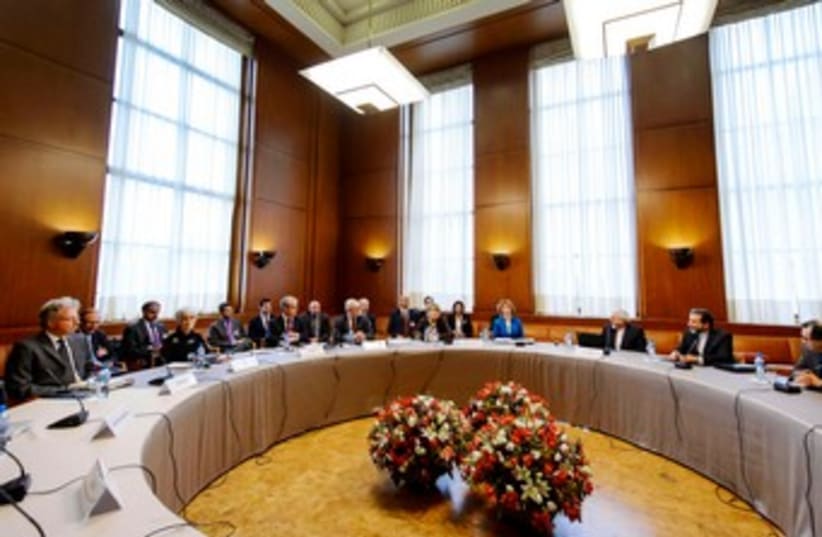Iran optimistic, West cautious following first session of Geneva nuclear talks
EU spokesperson say more time is needed to determine whether or not Iran's nuclear program plans can be handled diplomatically; White House warns against expectations for an "overnight breakthrough."
